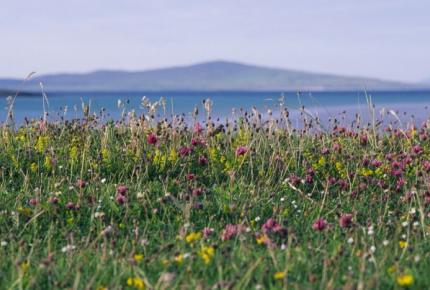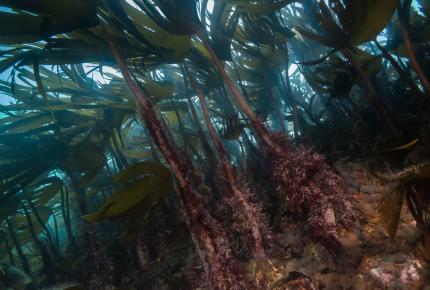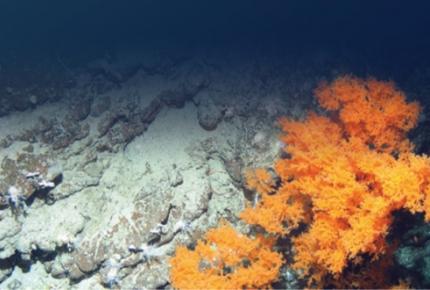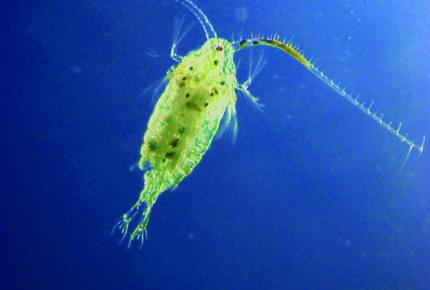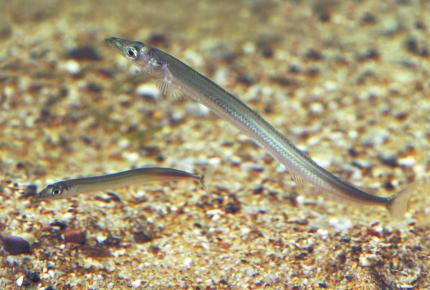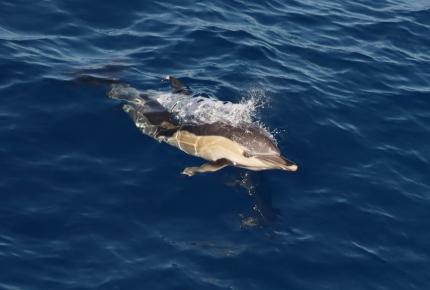Across different ecosystems, climate change is having common effects; there is evidence of shifts in both geographical distributions, species community compositions and the timing of life-cycle events. However, disentangling the effects of climate change from natural variability is complex and requires long-term datasets, especially for remote and inaccessible areas, such as the deep sea.
Human activities can have an impact on the ability of marine and coastal ecosystems to respond naturally to stressors associated with climate change, such as increasing sea temperature, ocean acidification and oxygen depletion. The resilience of marine and coastal habitats to climate change could be improved by reducing other pressures from human activities.
Evidence of altered community composition has already been observed in the North Sea, and among some intertidal / shallow subtidal habitats. These changes are likely to affect the function, goods and services provided by the ecosystem.
Wider impact hubs can be accessed via:
